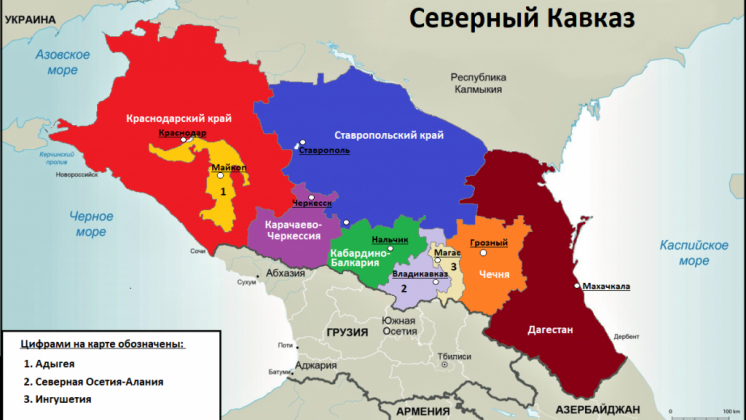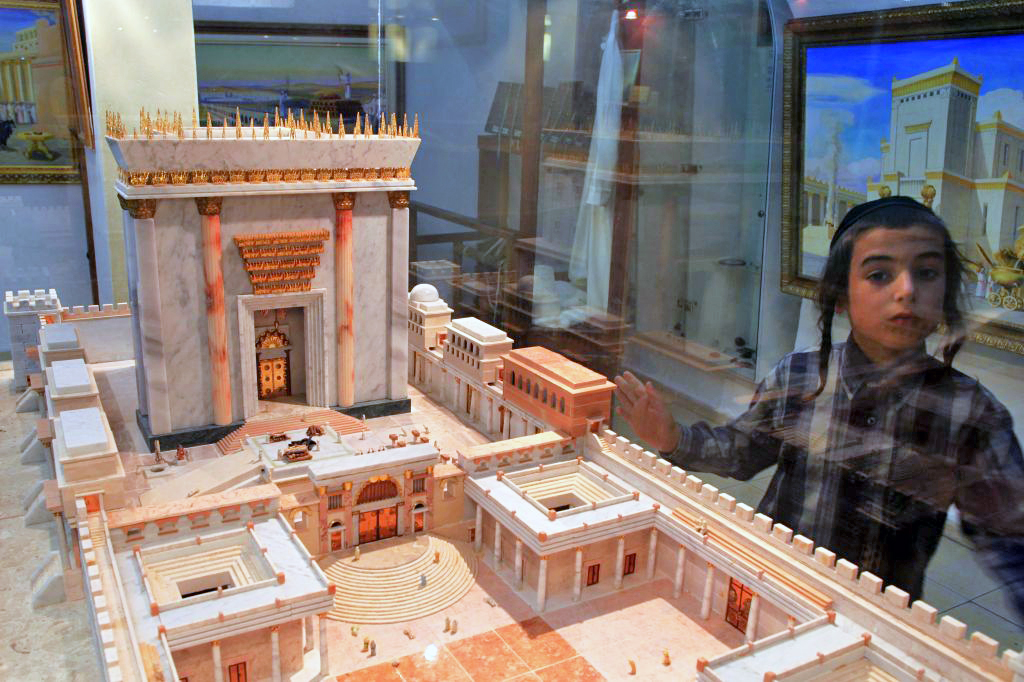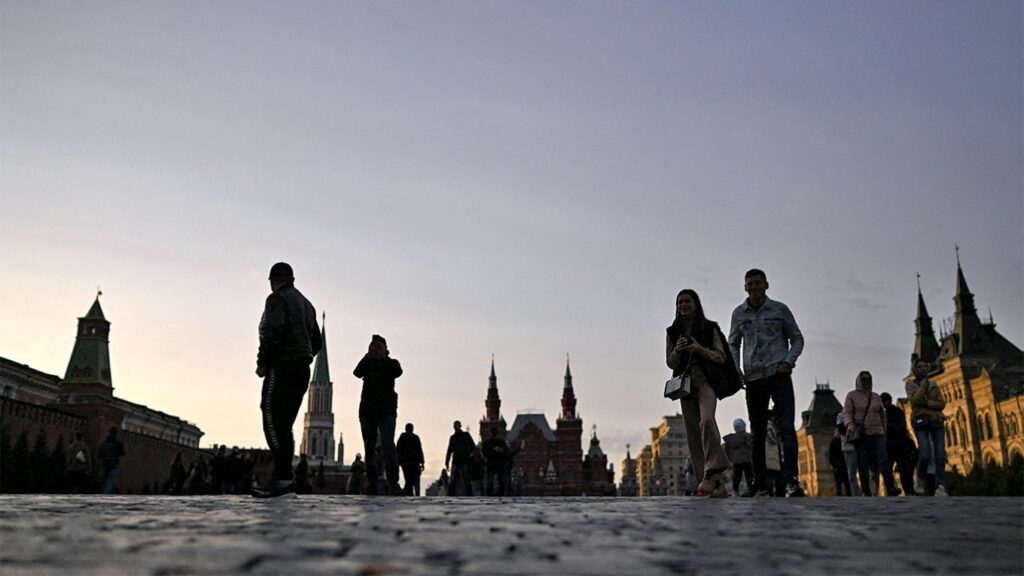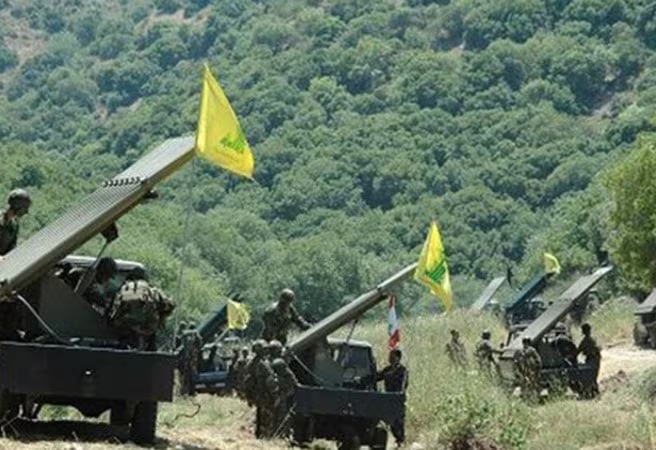ETHNICITIES AND ETHNICITY

S. M. Shirokogorov believed that the basis for the classification of ethnic groups are: “firstly, anthropological or somatic signs, i.e., structural features of the body – skeleton and soft parts – and coloring, signs unconsciously recognized by the ethnic group itself; secondly, ethnographic features, i.e., complexes of customs and a general way of life and, finally, thirdly, linguistic features, i.e., the language of the ethnos” (Shirokogorov S.M. Ethnos. p. 37 ) .







